“Recycling” Glass Back to Sand … For Beaches?
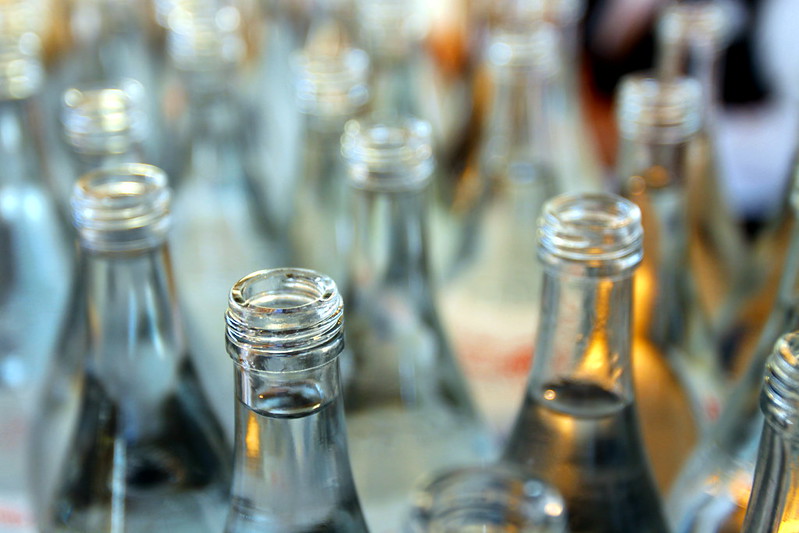
There have been several recent proposals and some projects actually underway to grind up glass bottles and use this ground glass to replenish beaches. Along most shorelines, other than in tropical environments, the dominant mineral making up the beach sand is quartz, which is silicon dioxide (SiO2), the same elemental composition as glass. While this may initially seem like a good solution for replenishing or nourishing disappearing or narrow beaches, this concept is not a sustainable or effective approach.
Initially derived from silica sand glass is a valuable resource that is already in a pure form that can most effectively be recycled or melted down to make more glass, rather than being put on the beach where it will be lost to the ocean over time as it is carried offshore or alongshore…
Global Weather Patterns and Coastlines
Coasts are sensitive to sea level rise, changes in the frequency and intensity of storms, increases in precipitation, and warmer ocean temperatures. In addition, rising atmospheric concentrations of carbon dioxide (CO2) are causing the oceans to absorb more of the gas and become more acidic. This rising acidity can have significant impacts on coastal and marine ecosystems.
The impacts of climate change are likely to worsen problems that coastal areas already face. Confronting existing challenges that affect man-made infrastructure and coastal ecosystems, such as shoreline erosion, coastal flooding, and water pollution, is already a concern in many areas. Addressing the additional stress of climate change may require new approaches to managing land, water, waste, and ecosystems…
Rivers in the Sky
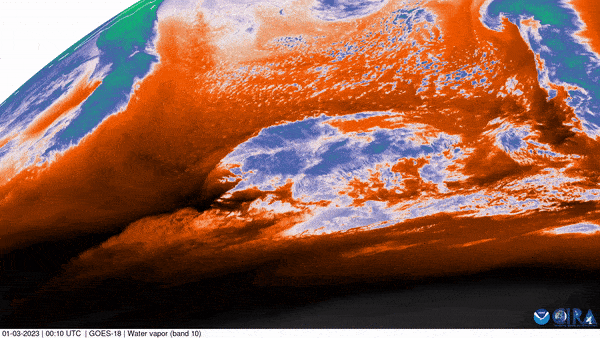
Atmospheric rivers are relatively long, narrow regions in the atmosphere – like rivers in the sky – that transport most of the water vapor outside of the tropics. These columns of vapor move with the weather, carrying an amount of water vapor roughly equivalent to the average flow of water at the mouth of the Mississippi River. When the atmospheric rivers make landfall, they often release this water vapor in the form of rain or snow…
Coastal California is Ravaged by Multiple Atmospheric Rivers
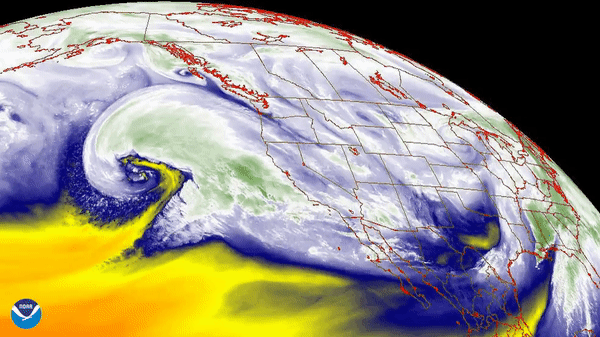
People tend to have a short disaster memory…What this storm is telling us is it’s time to think a little more long-term and make some decisions…We’ve been Band-Aiding things together for a long time.” – Gary Griggs
Gallery images courtesy of Shmuel Thaler / Santa Cruz Sentinel, Kim Steinhardt, and Gary Griggs
Science Denial Has Impacts

Neil deGrasse Tyson, an American astrophysicist, author, and science communicator, made a wonderful statement some time ago, that is worth sharing – “The good thing about science is that it’s true, whether or not you believe it”. Science is really not an option. Whether biology, chemistry, physics, oceanography, geology or astronomy, scientists in these disciplines over centuries of research, conducting experiments, collecting evidence, and testing and examining their ideas have gradually developed an understanding of how the Earth and its life works. And much of our everyday lives depends on the application of that science…
Corporate Greenwashing

Advertising is an incredibly powerful tool for convincing us to buy things we don’t need with money we don’t have to impress people we don’t like. Last year the United States spent nearly $300 billion on advertising, and now that we are only about six weeks from Christmas, we can expect to be inundated with ads to convince us to get out our credit cards and close out the year on a spending spree. According to the latest data from the National Retail Federation, individual American consumers spend an average of $998 on gifts and holiday stuff each Christmas, which is the same as the median pre-tax weekly salary of $1,001…
The Reality of Recycling Plastic
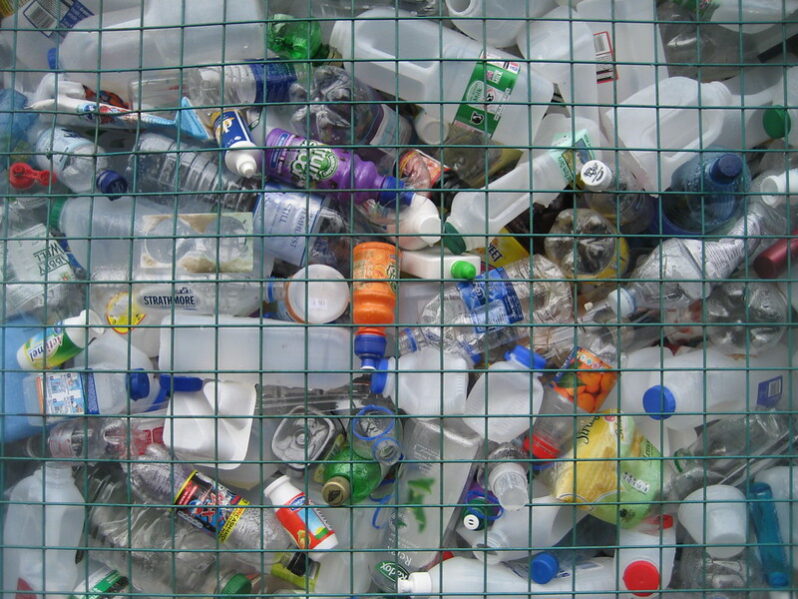
Industry makes 380 million tons of plastic every year and none of it is truly recyclable.
Greenpeace has just released a report in October calling out the plastic industry for greenwashing the status of plastic recycling by continuing to employ the familiar “chasing arrows” recycling symbol on their products, when the truth is that recycling plastic has been a near-complete failure…
Hurricane Ian Hits Home
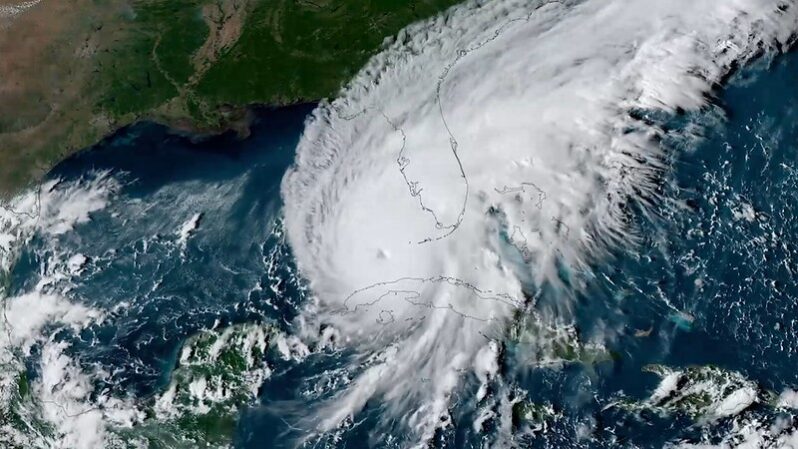
There are some important lessons from Hurricane Ian that we need to think seriously about before we start into yet another cycle of federal aid and rebuilding in the same areas again. Hurricanes are getting more powerful as the oceans continue to warm. It is the evaporation from the warmer ocean waters and the subsequent atmospheric circulation and winds that produce these hurricanes with their associated heavy rainfall and storm surges. They aren’t going away and if anything, all indications are that they will become even more powerful.
Patagonia’s New Owner…is the Earth

One of the planet’s most dedicated individuals, who has spent nearly his entire life both exploring and experiencing the natural world and making novel and long-lasting contributions to saving it, has again stepped forward with a monumental effort that will have far-reaching impacts for decades to come. Yvon Chouinard, who has always said that Patagonia’s mission was to protect nature, along with his wife Malinda and children, are donating their company to planet Earth… literally.
